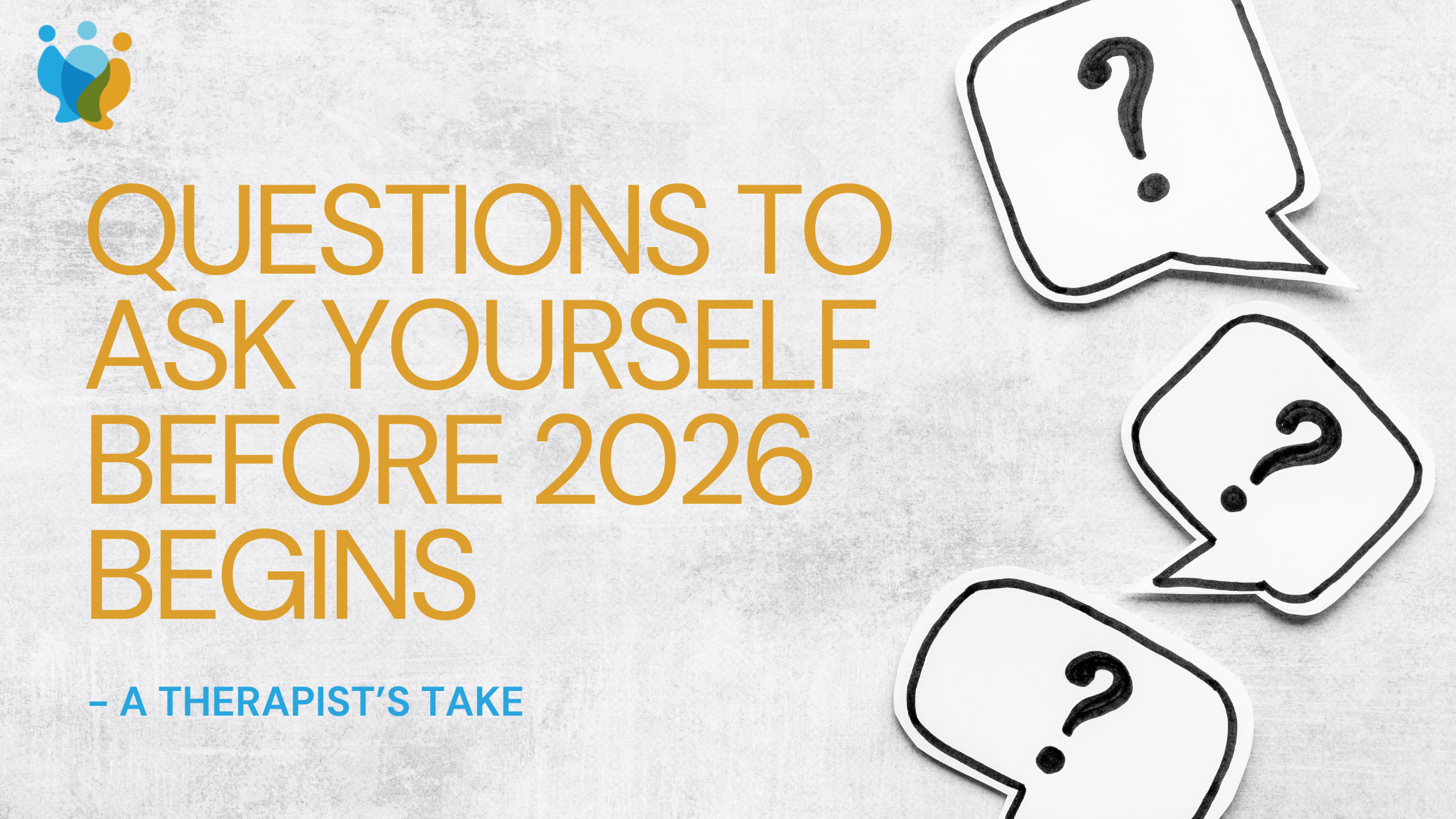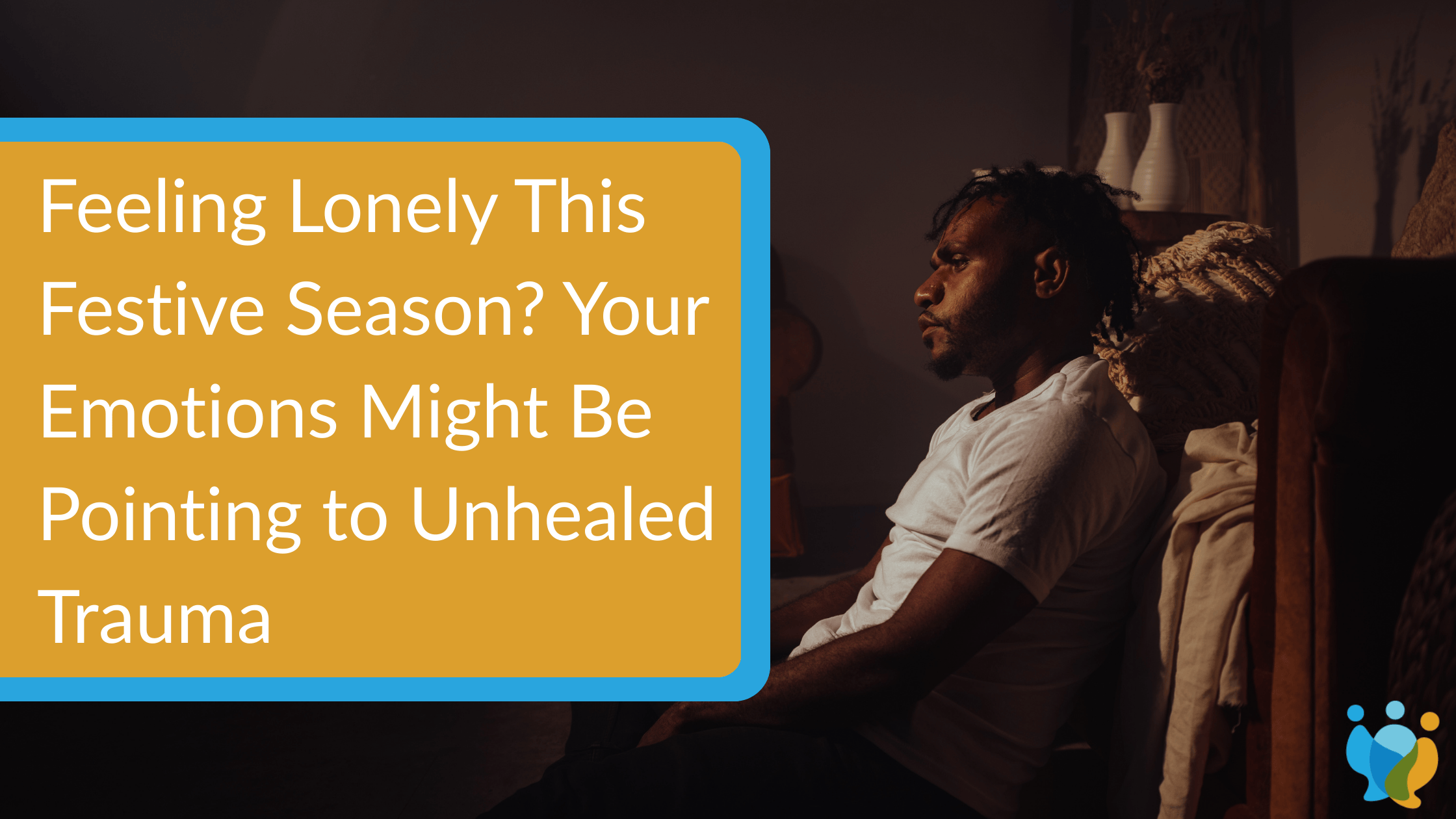Emotional Intelligence in Action

Emotional Intelligence in Action
It’s a Monday morning, and you just got to work. You were in a good mood until your boss walked in. He’s yelling at everyone and calling you incompetent. He always does this when he’s moody and frustrated. This sends everyone scampering away; and sets the tone at the office for the rest of the day, as everyone has to tiptoe around him lest you set him off.
This, a scenario that most people are likely to resonate with, is a good example of lack of emotional regulation; which points to a lack of emotional intelligence.
The term emotional intelligence has become very popular in today’s corporate world. The reason is that two of the major benefits of emotional intelligence otherwise known as EQ are improved leadership skills and professional development.
However, this is not the only place where emotional intelligence applies. Our levels of emotional intelligence determine the quality of our relationships and our overall mental health.
EQ It is not simply the ability to manage our responses to others.
To be emotionally intelligent means to be emotionally mature, to be in control of our feelings, to make choices based on this intelligence to alter the outcomes in situations that would have been otherwise combustive, and the ability to accurately interpret other people’s verbal and non-verbal messages so as to give an appropriate response.
It is the ability to discern and be aware of the core beliefs that drive our behavior, and to be brutally honest with oneself, making difficult decisions that involve taking responsibility for our thoughts, actions, and emotions.
Here are some characteristics of emotionally intelligent people that one can learn from
- They take responsibility for how they feel, how they think, and how they behave.
Oftentimes, people who depend on other people for their self-esteem needs have an underlying belief that other people and other factors outside of themselves determine their happiness. They have pegged their happiness on other people behaving the way they want them to.
As a result, they end up being controlling, or feeling helpless and unhappy when others do not respond according to their expectations. They fail to recognize that the real problem is their way of thinking which continues to absolve them of any responsibility in their eyes.
However, emotionally intelligent people recognize that their emotions are their own responsibility and that others do not have to change for them to be happy. They can choose to be happy by changing how they perceive things, which gives them control over their own emotions and eventually their behavior.
Related: The power of personal responsibility in relationships
- They respect other people’s boundaries
Emotionally intelligent people are comfortable with other people saying No to them. They do not take it as a personal affront on them. Their high level of differentiation and individuation from others enables them to be okay with people making choices that do not favor them
- They are capable of self-regulation
In a quote that alludes to the personal freedom that comes with a high EQ, Viktor E. Frankl says:
“The one thing you cannot take away from me is the way I choose to respond to what you do to me. The last of one’s freedoms is to choose one’s attitude in any given circumstance.”
Emotionally intelligent people’s choices are not determined by how other people will respond, or how other people have treated them. They act out of their own personal convictions.
For example, if they are in conflict with a person close to them who chooses to use the silent treatment on them, an emotionally mature person resists the temptation to respond to silent treatment with more silent treatment.
They will also resist the urge to be resentful, forceful, and demanding of the other person to deal with the conflict in a mature manner. They instead choose to respond to the other party in a mature authentic manner, choosing to avoid the mind games while refusing to reward the other person’s bad behavior by trying to placate them.
- They are sensitive to other people’s needs. This is also referred to as empathy.
People who are sensitive to other people’s needs act and speak from a consideration of how other people might take their behavior. They are therefore well aware of how their words and actions affect others and act on that knowledge to avoid hurting others.
Sensitivity comes with an understanding of why others behave the way they do, and why others see things from a different perspective than our own. It means acknowledging another’s pain as opposed to belittling it because you consider the circumstances to be trivial. They don’t pursue their own agenda when other people’s well-being is at stake.
- They express their emotions in a healthy and direct manner.
Emotionally intelligent people are not afraid to say how they feel, even when it may make them look vulnerable, or even expose them to other people’s judgment.
A lack of emotional intelligence makes people apply Indirect ways of communicating feelings which include: labeling instead of describing how they feel about other people’s actions, using commands such as shut up!, making accusations such as “you don’t care about me”, they are also prone to sarcasm and name calling; all to avoid putting a name to or acknowledging how they feel.
6. Self-awareness.
Emotionally intelligent people are aware of what drives them. Beyond being aware of how they think, feel and behave, having a high EQ also means being aware of one’s motives; perspective of life, and belief systems that govern their lives.
It also means being conscious of the values that influence one’s life and being able to differentiate between one’s personal values and principles, and those that have been borrowed from their environments that prevent them from living authentic lives.
Self-aware people are not threatened by their uniqueness, they seek to embrace it, even when it might mean risking some relationships.
Implications of Poor Emotional Intelligence
A poor EQ can interfere with an individual’s overall quality of life, leading to unhealthy relationships with others, mental health issues such as depression, and anxiety, and also standing in the way of one’s ability to fully live up to their potential.
Factors Contributing to a Lack of Emotional Intelligence
a) Dysfunctional parenting
Parents who are emotionally immature end up raising children with poor EQ. This is because these children will have grown up normalizing a lack of emotional regulation, learning to use manipulation instead of voicing their motives, and learning Dysfunctional communication styles.
b) Traumatizing Events
People who experience traumatizing events such as emotional abuse, physical abuse, sexual abuse, rape, war, childhood neglect, and murder tend to result to faulty ways of thinking as a self-protective mechanism.
These faulty ways of thinking interfere with their perspective of themselves, others, and the world causing them to lose the ability to regulate their behavior, thoughts, and emotions. They lose their sense of self and become incapable of relating authentically even with themselves.
c) Stress
High levels of stress increase a person’s vulnerability to psychological errors such as emotional dysregulation, cognitive distortions(distorted ways of thinking), and compulsive behavior.
How to improve your level of Emotional intelligence
a) Reflective Journaling to identify patterns of thinking, feeling, and behaving that are self-destructive.
b) Therapy- Emotional Intelligence Counseling in Nairobi can help you to become more self-aware, and to gain a better understanding of how your behavior affects other people, as well as how to change your dysfunctional patterns.
c) Feedback- Paying attention to people’s objective feedback about you may help you to learn some things about yourself that have been a blind spot therefore offering you an opportunity to work on them.
At Clarity Counseling Center, we have counseling practitioners who can support you on your journey to improved emotional intelligence. Our partnerships with insurance companies ensure that you get affordable, quality mental health support.
You can learn Emotional intelligence in Nairobi through our courses and counseling sessions and you will become more self-aware in terms of the core beliefs behind your emotions, thoughts, and behavior. This will further help you to learn how to manage them. Schedule your first session with us today.









